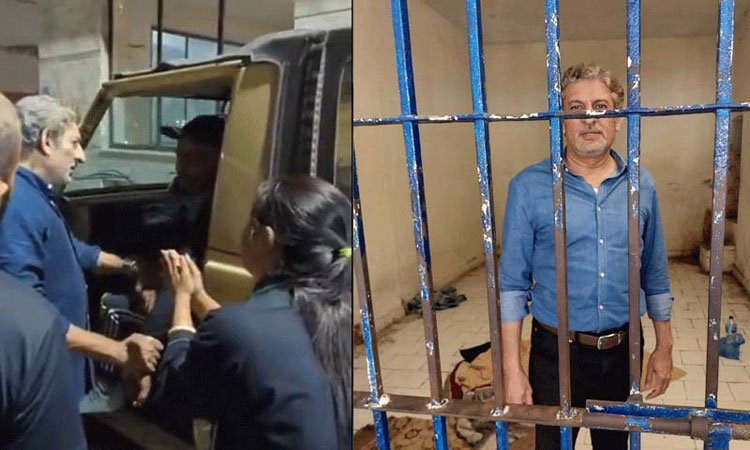In a high-profile case that has captured public attention in Karachi, the victim of an assault incident in the Defence Housing Authority (DHA) area, identified as Sudheer, formally pardoned businessman Salman Farooqi during a court hearing on Thursday.
The proceedings took place at the South Judicial Magistrate’s Court. Sudheer, who was assaulted in broad daylight in an incident that went viral on social media, arrived at the court after learning of the summons from his lawyer earlier that morning.
When asked by the court if any form of pressure had influenced his decision, Sudheer replied firmly that his choice to pardon the accused was of his own volition. “I have forgiven Salman Farooqi and leave the matter to the court’s discretion,” he told the magistrate.
The court officially documented Sudheer’s statement, highlighting that he had identified the accused but had no interest in pursuing further legal action.
The original incident sparked widespread condemnation. A video of Salman Farooqi physically assaulting the young motorcyclist, allegedly in front of his sister, triggered public outrage and calls for strict legal action. The case was registered at the Gizri Police Station based on a complaint from eyewitness Muhammad Saleem, who detailed the threats and humiliation inflicted on the victim.
While the victim’s pardon typically impacts the outcome of such cases, legal observers note that the severity of the incident and the public reaction may still factor into judicial proceedings. Pakistan’s criminal code allows for the pardon of certain offences if the victim chooses not to press charges, but the decision of whether to close the case ultimately rests with the court.
The incident has become a litmus test for the judicial system’s handling of cases involving public figures and viral incidents. It also sheds light on the broader social debate around violence, accountability, and the role of the courts in upholding justice even when victims withdraw their complaints.





